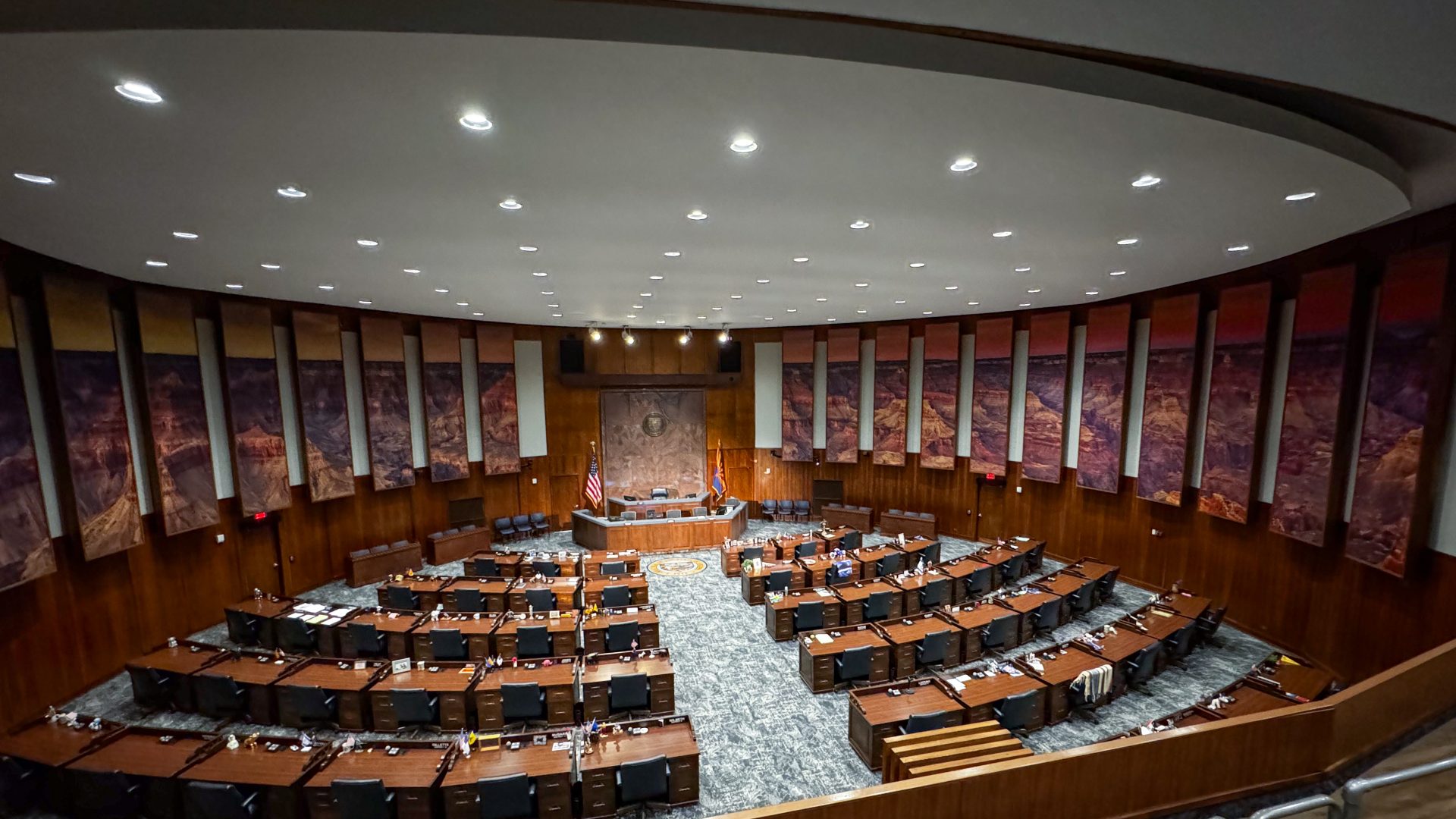Out of nearly 200 nations, one stands out with over 200 years of sustained democratic exercise. Yes, you guessed right—I’m talking about the United States!
As a media educator and journalist from Nepal, I’ve often wondered about the resilience of U.S. democracy. In my country, we’ve gone through seven constitutions in as many decades, showing a unique display of ‘stable instability’ that has hindered our socio-economic progress.
For me, it’s truly remarkable how a constitution can remain effective for 237 years, especially in a vastly diverse nation like the US.
A polarized political scene
In recent years, media coverage of U.S. politics seems louder, focusing more on divisive issues rather than America’s global leadership and democratic principles.
On January 6, 2021, I watched live from over 12,000 kilometers away as a mob stormed the Capitol building in Washington, D.C. It was not just shocking but also highlighted deep fractures within the U.S. political landscape.
And a handful of swing states, including Arizona, are contributing even more drama, with voters often flipping between Republican and Democratic parties.
Despite these odds, my understanding of U.S. democracy evolved when I, along with my fellow SUSI participants from 18 countries, met with senior officials from Arizona’s judicial, legislative, and executive branches last week.
These high-profile meetings wouldn’t have been possible without Mr. Daniel Barr, Chief Deputy Attorney General of Arizona, thanks to his connections and extensive networks.
These meetings provided invaluable insights into how American democracy functions—or falters.
Meetings with influential figures
Over the week, we had candid discussions with politicians, bureaucrats, and judges. The meeting with Phoenix Mayor Kate Gallego (D) was enlightening, covering pressing issues such as the state of homelessness in downtown Phoenix and the impact of state policies on climate change.
We held a frank discussion with Arizona Senior Judge Susan Bolton and Judge John Tuchi from the US District Court for the District of Arizona.
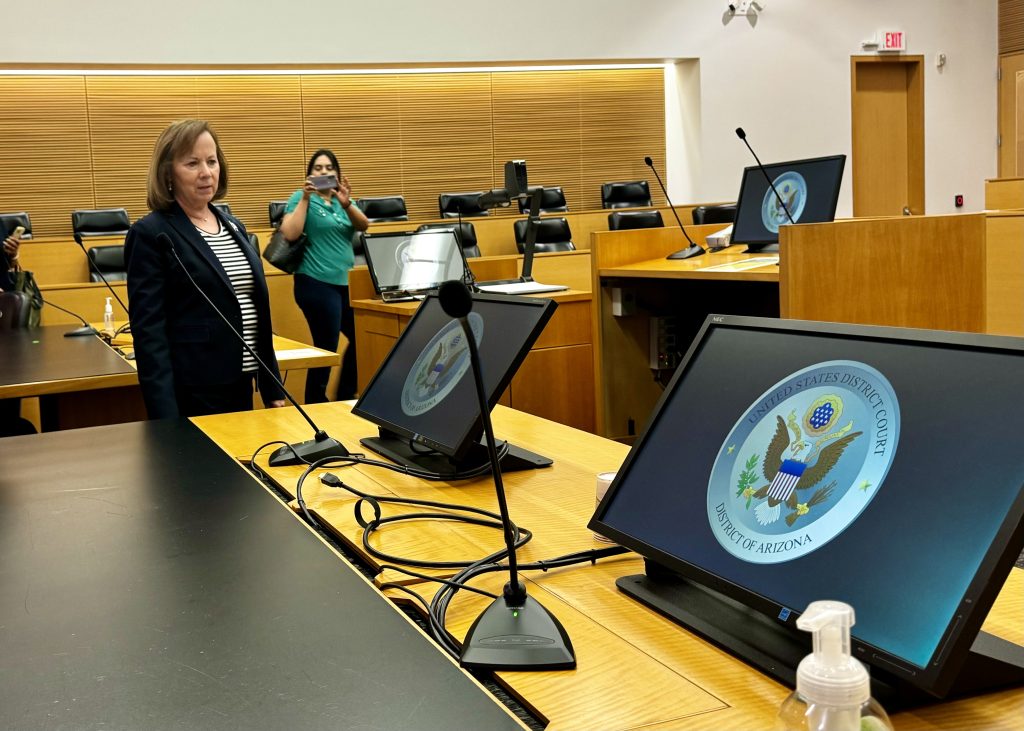
I’m used to seeing media portrayals that often reflect contentious judicial decisions, especially on politically charged topics like gun violence, elections violence, abortion, and climate change.
However, Judge Bolton’s journey illustrated how the American system prioritizes qualifications over ideology. Despite being a registered independent, as she shared during the discussion, she was recommended by Republican Senator Jon Kyl and appointed by a democrat, President Clinton.
She emphasized that judges uphold the law regardless of personal views. Unlike in Nepal, where judges retire at 65, US federal judges like Bolton and Tuchi serve for life, which, I sense, shields them from undue pressures.
Yet Bolton recalled the challenges of making decisions without clear precedents and legal clarity. Judge Tuchi added his perspective on the dilemma for making fair decisions when judges are given “discretionary power.”
Arizona, a “ground-zero“ state for next elections
On Friday, we engaged with key elections officials from Arizona, a crucial battleground state—Ms. Lisa M. Marra, Director of Arizona State Elections, and Ms. Keely Varvel, Assistant Secretary of State.
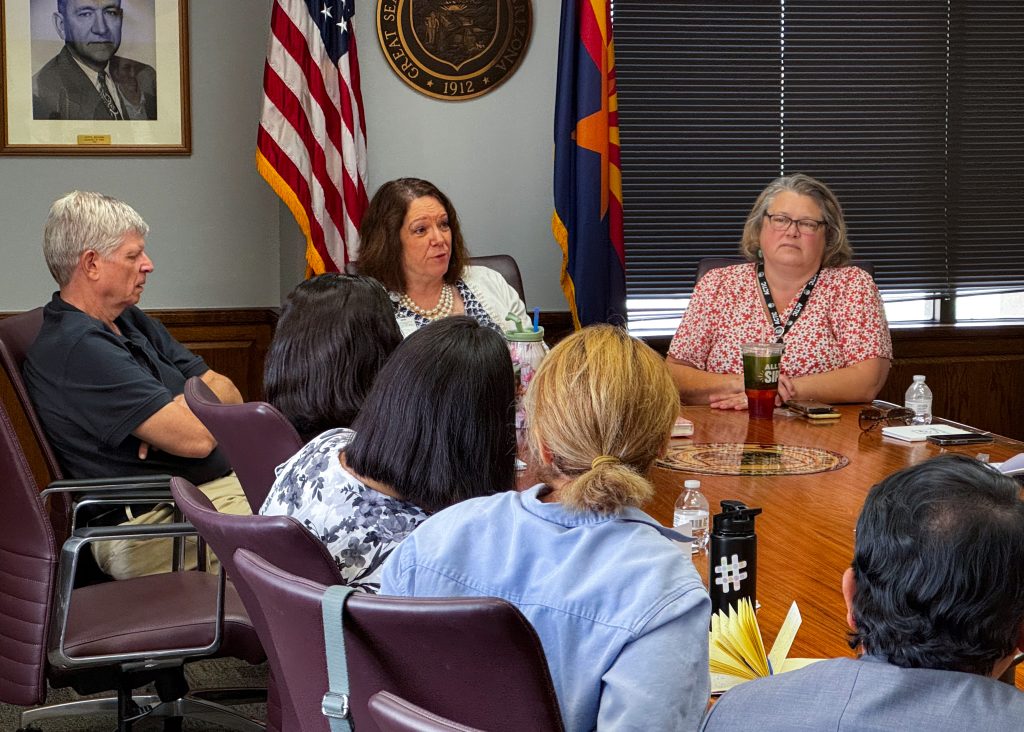
The Office of the Secretary of State is responsible for free and fair elections in Arizona. Now it is gearing up for primaries across its 15 counties in July and the presidential election in November. This meeting provided deep insights into Arizona’s pivotal role in U.S. national politics, often referred to as “ground zero” for the upcoming presidential elections.
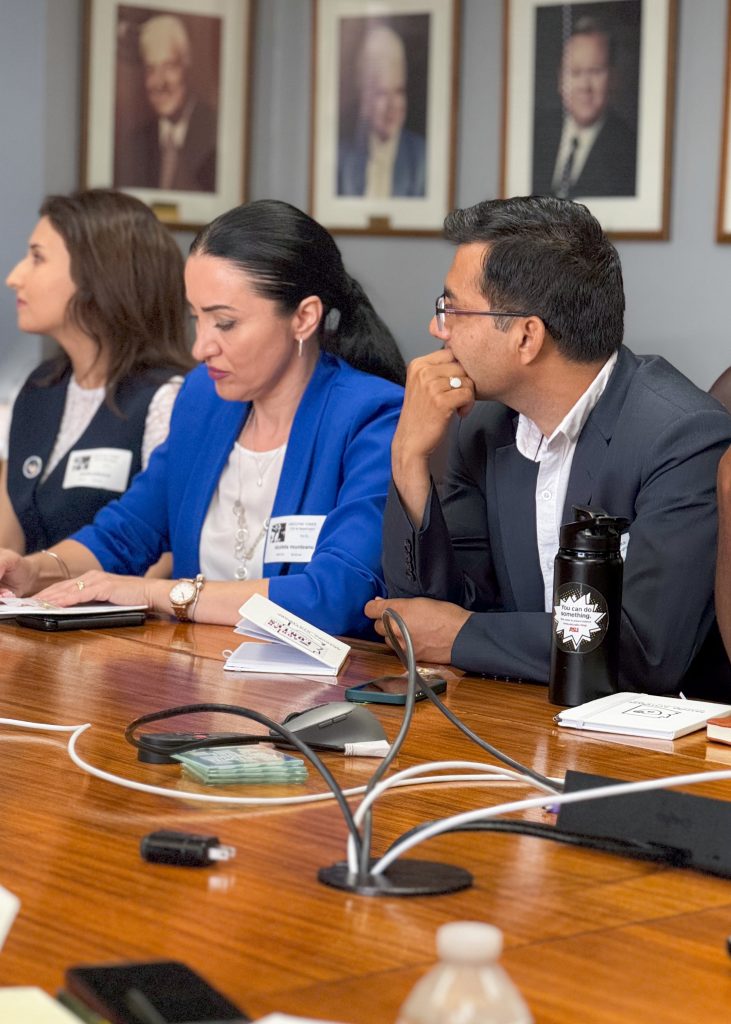
With 11 electoral votes, Arizona has become a swing state in recent elections, which in Chief Deputy Attorney Barr’s words, was a “reliably Republican state” until 2018.
This shift has drawn attention from top U.S. leaders, including President Biden, who appeared in Phoenix in March aiming to sway Arizona’s independent voters, who account for one-third of registered voters.
Former President and Republican nominee, Donald J. Trump followed suit in early June, while Vice President Harris is making her way next week.
I wish we SUSI scholars could catch some live US election campaign action, but securing tickets for a group at the last minute is pretty tough!
Fair elections, a bastion of US democracy
Conducting free and fair elections in battleground states is no small feat, especially amidst a divided government. Arizona currently has a Democratic governor but Republican majorities in the state house and senate, complicating the passage of bills and implementation of policies.
During a discussion with SUSI fellows, the Arizona Governor’s General Counsel Ms. Bo Dun also shared the difficulties of working in a divided government. However, she highlighted how they found “common ground” to exercise power and execute policies effectively.
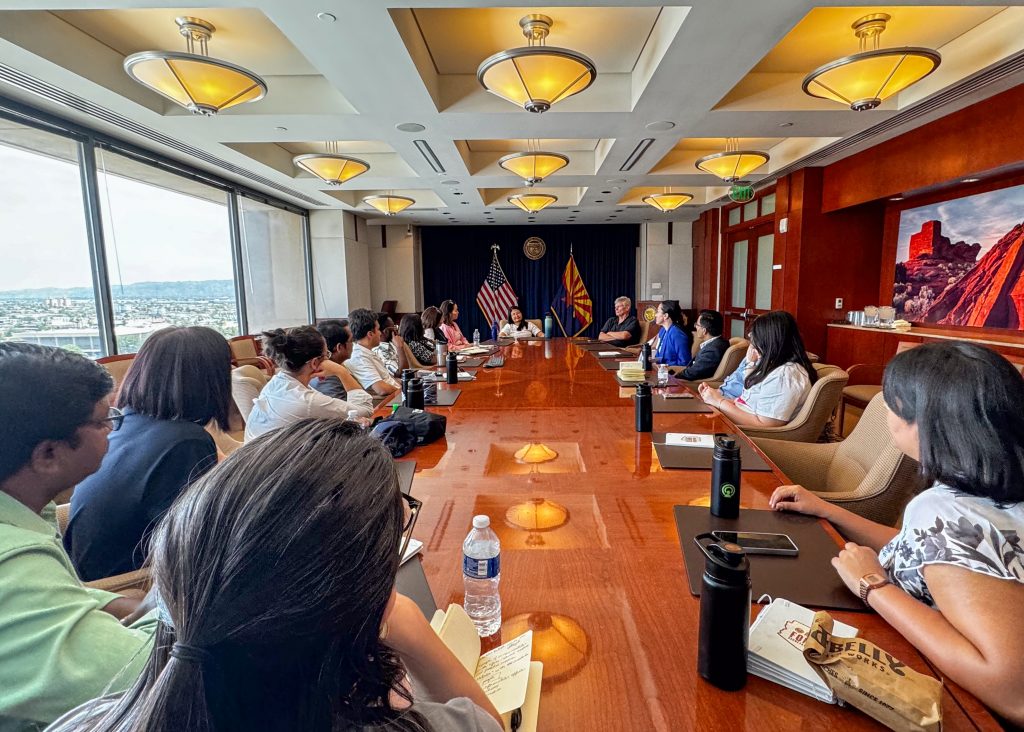
Our discussion with Ms. Marra and Ms. Varvel was enlightening especially for understanding the stakes of Arizona for upcoming elections.
Ms. Marra says Arizona is among a handful of “decisive states” that, if elections become highly competitive, determine not only the presidency but also the composition of the federal House and Senate.
Despite their diverse political leanings, Ms. Marra and Ms. Varvel are dedicated to ensuring elections are free from undue influence. A registered Republican, Ms. Marra was appointed by a Democratic Secretary of State for her election role.
Ms. Varvel, an independent, emphasized how their diverse experiences contribute to a more balanced and fair electoral process, essential for upholding U.S. democracy.
In 2022, Ms. Marra, now 61, left her job in Republican-dominated Cochise County after refusing to follow GOP supervisors’ directives for a hand count of the 2022 election ballots. She still faced a personal lawsuit for this, but later won a $130,000 settlement for a toxic work environment, as well as a higher elections job.
Battling disinformation to safeguard democracy
Ensuring political balance alone is not sufficient to save democracy in the age of technology. The spread of misinformation and AI-generated deepfakes poses significant challenges.
However, Arizona is actively combating these threats. Ms. Varvel mentioned their agency’s efforts to hire AI experts to tackle information disorder and collaborate with state and federal agencies to safeguard the sanctity of elections.
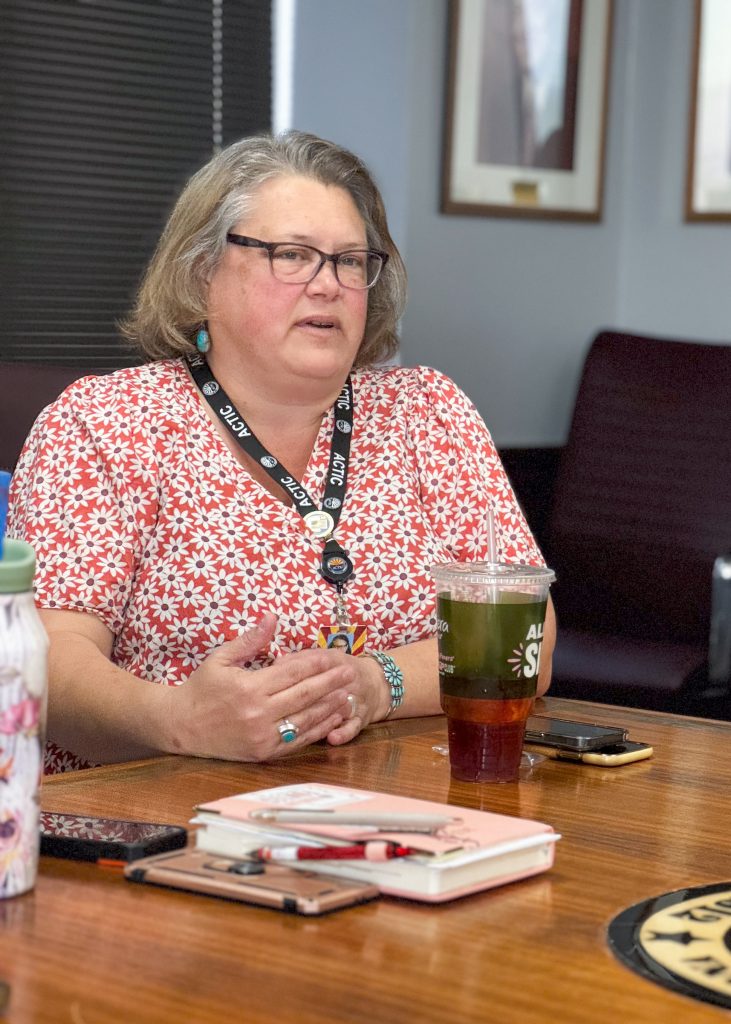
Now, Arizona’s efforts to uphold free and fair elections underscore the resilience of US democracy. As we look ahead to the upcoming elections, the world will be watching Arizona—a pivotal state where the future of American democracy unfolds.
